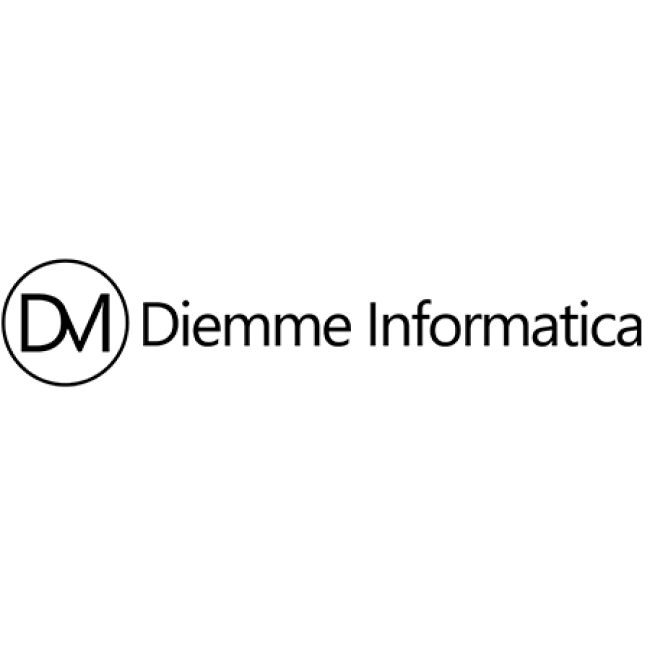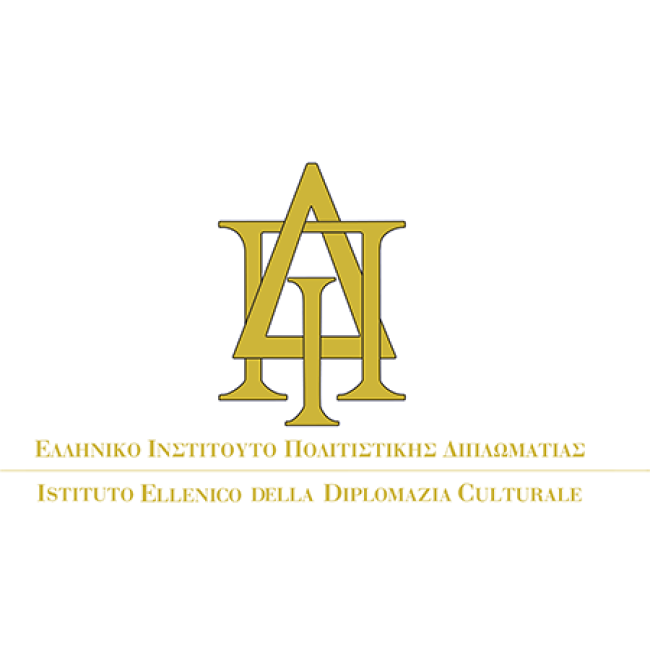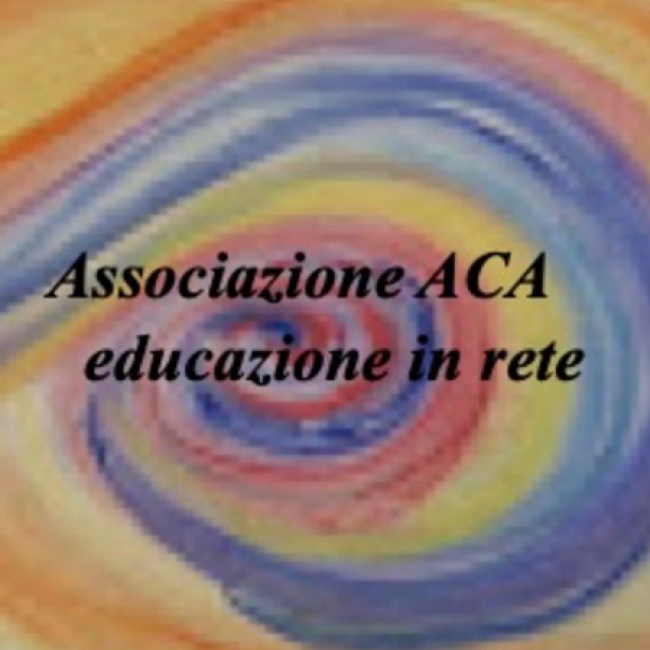ACADEMIC ASSESSMENT OF EXPERIENCE: YOUR RECOGNIZED PATHWAY
HETG's Academic Assessment of Experience (VAE) enhances your professional skills and commitment by recognizing that learning takes place not only in the classroom, but also through actual experiences in the world of work. VAE allows you to turn your work experiences into educational credits, integrating your professional career with your academic career.
If you have managed innovative projects, coordinated teams or contributed to the development of an industry, your experience is invaluable. Through VAE, HETG offers you the opportunity to advance toward your academic goals by formally recognizing your career path and allowing you to earn the credits you need to achieve an academic qualification.
Read the documentVALIDATION OF ACQUIRED LEARNING (VAE)
What is VAE?
Validation of Acquired Learning (VAE) is a procedure for the recognition of professional and cultural competencies acquired outside formal education. This procedure is applied in vocational, tertiary (higher/university) and continuing education, valuing the individual's practical experience.
Who is VAE intended for?
VAE is intended for adults who are at least 25 years of age and can demonstrate at least 3 years of full-time professional experience consistent with the desired academic degree. It is also necessary for the applicant to meet the minimum requirements for entry into university education.
What are the general fundamentals of VAE?
EVA is promoted internationally by UNESCO and supported in the European area by the Council of the European Union. The main recommendation on the subject is the Recommendation on the Validation of Non-formal and Informal Learning of December 20, 2012 (2012/C 398/01), further developed in the European Guidelines for the Validation of Non-formal and Informal Learning, prepared by CEDEFOP.
What is the legal basis of VAE in Switzerland?
In Switzerland, VAE is not centrally regulated. The applicable regulations vary according to the relevant sector and canton. The areas of application of EVA include vocational education (basic and higher), continuing education (nonformal) and tertiary education (university).
What are the areas of application of EVA in Switzerland?
- Basic vocational training: Recognized through the issuance of titles such as the Federal Certificate of Proficiency (FTA) or the Federal Certificate of Practical Training (CFP).
- Higher vocational training: Awarded through the issuance of titles such as the Federal Vocational Certificate (FPA) or Higher Specialized Schools (HSS) diplomas.
- Continuing Education (non-formal): Reference to the Federal Law on Continuing Education (LFCo).
- Tertiary (university) education: Validation and admission on dossier, allowing the recognition of ECTS credits and the reduction of the duration of training courses.
What is the application scope of VAE at UniCampus HETG?
The VAE procedures followed by UniCampus HETG are geared toward academic training and involve the submission of an individual dossier, followed by matriculation and the establishment of a personalized training plan.
What are the rules followed by UniCampus HETG?
UniCampus HETG adopts the UNESCO Guidelines and the European Guidelines issued by CEDEFOP, as well as following the guidelines of the recognition committees of the Swiss Conference of Cantonal Directors of Public Education (CDIP) for the validation of acquired learning.
How does VAE recognition take place in Italy?
In Italy, the recognition of acquired learning is regulated by the National System of Certification of Competencies, established by Legislative Decree 13/2013, and based on Law 92/2012. The full implementation of this system is still in progress.











